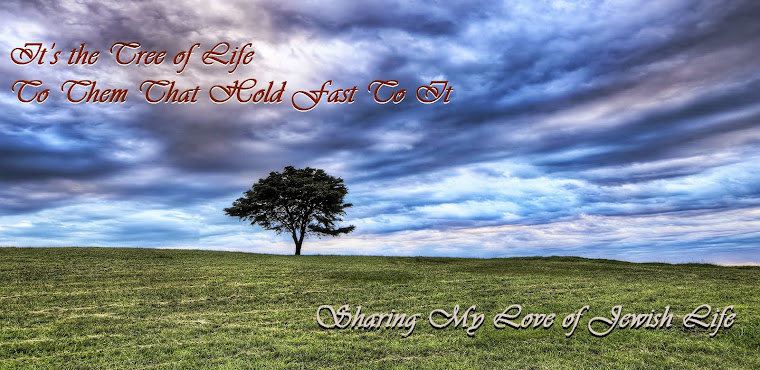Shemita, the seventh year, is known as the year when the Promised Land is to lie fallow. Of equal significance, Shemita is the year in which all debts between Jews must be forgiven. This remission is described in Parshas Re’eh, in Devarim 15, where the word evyon is used six times. Evyon, which is translated as destitute (by Artscroll), is not a common term. The term usually used for someone in need is Oni.
The first use of Evyon in Devarim 15 is in the fourth pasuk,
right after the Torah states that one may collect from a foreigner but not from
one’s brethren (meaning fellow Jews). Devarim 15:4-5 states: “There shall be no
destitute among you – since Hashem will bless you in the land that Hashem our
God is giving to you as an inheritance; if only you heed Hashem your God and
take care to keep all these mitzvos that I command you today.”
The last use of the word Evyon in Devarim 15 is in the eleventh
pasuk, right after the Torah instructs the people not to hesitate to lend money
to their fellow Israelites even if it is close to the Shemita year. Devarim
15:11 states: “For there will never cease to be destitute in your land, which
is why I command you: open your hand to your poor and your destitute in your
land.”
How is it possible that Verse 4 states that there will be no
destitute and verse 11 states that there will always be destitute? The
commentators (and I apologize for not noting which ones) describe the
juxtaposition of verse 4 and 11 as the ideal and what will be reality. If Bnei
Yisrael were to keep all of the mitzvos, as stated in pasuk 5, then the nation
would have absolute balance and bracha. Alas, the chances that all of the
generations would manage to live up to this ideal were predictably low. Therefore,
Moshe reproves the people against their own human nature, warning them not to withhold
help. “Rather, open your hand to him and lend whatever is sufficient to his
need” (15:8). Giving with an open heart, Moshe assures the people, is the path
to bracha.
There is little to question over the fact that giving with
an open heart, without hesitation or worry over one’s own well-being, is a very
difficult standard to achieve. It is a way of thinking, a way of being, that
comes from deep felt bitachon, a complete trust in Hashem’s management of the
world. That in itself could be the lesson of Devarim 15: 1-11, but…
It is interesting to investigate the use of this word evyon;
perhaps all the more so because it is used in conjunction with the word oni in 15:11.
Rashi, quoting Leviticus Rabbah 34:6, states that the term evyon “denotes one
who longs for everything (because he lacks everything).” This is not just poor,
not just needing a hand up. The evyon has nothing, and it is a very sad state
of society when there are people who reach that level of destitution.
Rather than reading 15:4 and 15:11 as juxtapositions of the
ideal and the realistic, perhaps these seemingly contradictory verses offer an
important insight into the justness of Torah law. If Bnei Yisrael were to keep
all of the mitzvos, then society should operate in a way that everyone’s basic
needs are met. It isn’t just a bracha from Hashem. It is the very mechanism of
the mitzvos bein adam l’chavero functioning properly. Neighbors should be
looking after neighbors. People should be living v’ahata l’reicha kamocha. If
they live in such a fashion, no one should slip through the cracks and reach
rock bottom.
But while the Torah is perfect, people are not. When Bnei
Yisrael does not live up to the Torah ideal, then there will be people in deep
and dire need. When we help them, we are rectifying a situation that we
ourselves have created.
Living an upstanding Jewish life requires constant perseverance
in rejecting human natures more self-centered motivations, which stem from an
instinct for survival but are excellent tools of the yetzer harah (evil
inclination). It is not easy to give with a smile, without hesitation or
suspicion. Hashem knows this. The Torah is giving us an ideal to strive for, and
it is up to us to take the steps (large or small or even baby-steps) to achieve
it.
Wishing you all a beautiful Shabbas.
